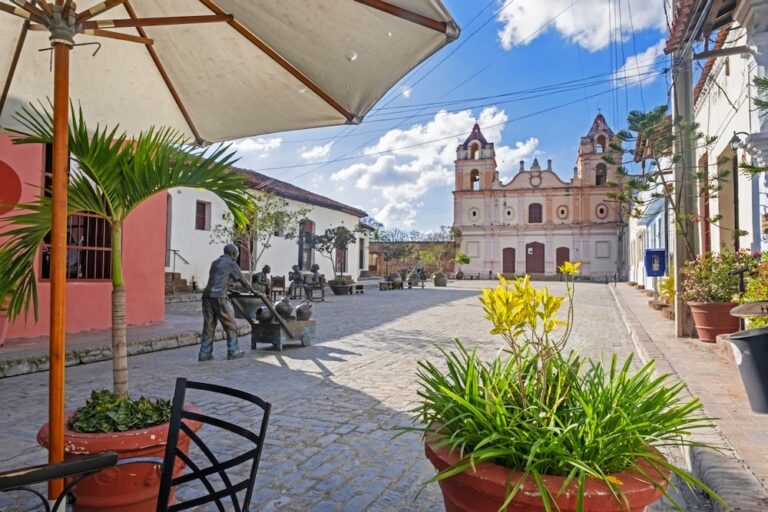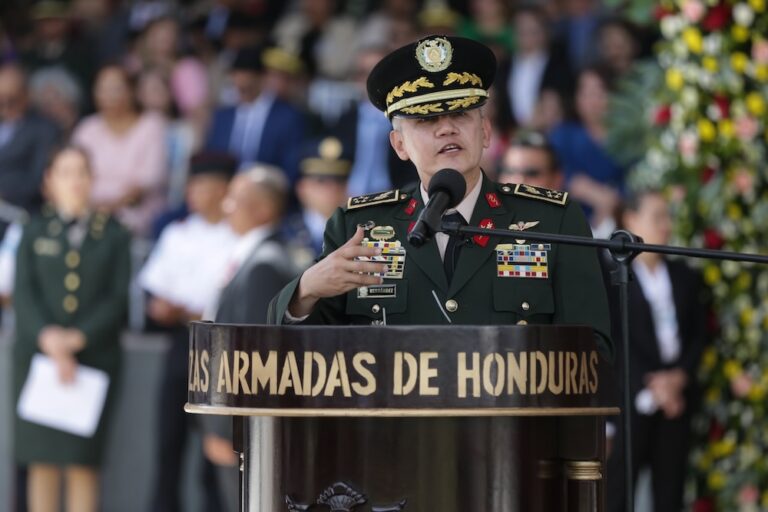Based on the idea that information should be at the heart of environmental protection policy, governments and civil society organizations from Latin America and the Caribbean - including ARTICLE 19 - have held intense discussions to reach an agreement that might serve as a reference for public policy around issues of access to information and the environment.
This statement was originally published on article19.org on 17 November 2014.
Based on the idea that information should be at the heart of environmental protection policy, governments and civil society organizations from Latin America and the Caribbean – including ARTICLE 19 – have held intense discussions to reach an agreement that might serve as a reference for public policy around issues of access to information and the environment. This agreement must be based on the so-called Principle 10.
What is Principle 10?
In 1992, Rio de Janeiro hosted the UN Conference on Environment and Development. The conference was held to discuss issues related to environmental degradation and sustainable development worldwide.
Representatives of over 100 countries in attendance approved a document entitled “Rio Declaration on Environment and Development”, which listed 27 Principles to be followed in order to “protect the integrity of the global environment and development system.”
On this list, Principle 10 is the one that addresses the rights of participation, access to information and justice in environmental matters. It states:
Environmental issues are best handled with the participation of all concerned citizens, at the relevant level. At the national level, each individual shall have appropriate access to information concerning the environment that is held by public authorities, including information on hazardous materials and activities in their communities, and the opportunity to participate in decision-making processes. States shall facilitate and encourage public awareness and participation by making information widely available. Effective access to judicial and administrative proceedings, including redress and remedy, shall be provided.
What is the agreement on Principle 10?
In 2012, during the UN Conference on Sustainable Development (known as Rio + 20), ten governments in Latin America and the Caribbean signed a joint statement with the aim of developing a regional agreement that seeks to put the principle into practice in the region. Nineteen governments have since signed the declaration. ECLAC (Economic Commission for Latin America and the Caribbean) was put in charge of organising the technical secretariat.
Since then, the countries have constituted two Working Groups in order to think of ways to implement the agreement and to conduct the debate on the right of access to information, participation and justice in social issues related to the environment. Discussions have also begun on determining the minimum standards to guarantee the realisation of these rights.
To promote greater social participation, these working groups also support the participation of civil society organisations – and ARTICLE 19 has participated.
What has been the role of ARTICLE 19?
On 3rd September, ARTICLE 19 Brazil held a seminar in São Paulo with representatives from various domestic organisations and from the federal government to discuss the construction of the agreement process.
On 10th and 11th September, ARTICLE 19 Brazil took part in a meeting of representatives of the countries involved in the construction of the regional agreement that discussed the application of the so-called “rights to access”. These rights include access to information, effective participation instances and real access to justice in environmental matters.
At the meeting – held in San Jose, Costa Rica – ARTICLE 19 Brazil argued emphatically that any agreement must be binding: this means it must have the force of law in countries whose governments sign the pact.
What’s next?
Principle 10 is an extremely important foundation for ensuring the protection of the environment via access to information. However, for it to have true effect, the regional agreement must be legally binding on the signatories.
Between the 3rd and 7th of November, ARTICLE 19 Brazil attended another meeting on the regional agreement in Santiago, Chile. There it was decided that negotiations on the agreement will officially start next year, with a deadline for the end of 2016. Crucially, it established that the document on the regional agreement will be drafted as a treaty, meaning that it could have legal force. However, there was no official decision on the matter.
ARTICLE 19 will continue to be at the heart of discussions on Principle 10 and the regional agreement, and we will continue to advocate for this potentially landmark regional agreement to be legal binding. Without legal force, the incredible biodiversity of Latin America and the Caribbean will remain at risk.


